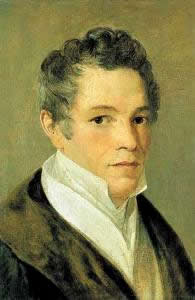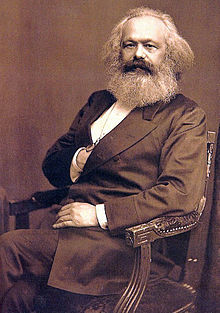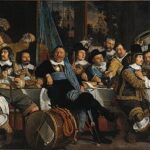March 13, 1741
Birth of Joseph II in Vienna, Austria. The Habsburg, Joseph II was the Holy Roman Emperor from 1765-1790. Until Maria Theresia’s (his mother’s) death in 1780, Joseph ruled attuned to her strong advice. He strengthened the University of Vienna, introduced a universal code of civil law in 1786, ordered the end of serfdom, granted freedom of the press and established religious equality under the law. After the civil war in Poland, in an agreement with Friederich the Great of Prussia and Catherine II of Russia, Poland was divided between the powers.
March 13, 1781
Birth of Karl Friedrich Schinkel (1781-1841) in Brandenburg, Germany. Schinkel was a painter and architect who also designed furniture and stage sets. He became the state architect of Prussia in 1815. He designed the Altes Museum, the mausoleum for Königin Louise and the Werderschekirche in Berlin. He was also active in city planning in Berlin.
March 13, 1848
Under pressure from the revolution Klemens Fürst von Metternich resigns his position as Austrian state chancellor.
March 13, 1860
Birth of the composer, Hugo Wolf, in Windischgraz, Austria (now in Slovenia). Wolf wrote approximately 300 Lieder incorporating the poetry of such writers as Goethe, Heine, Mörike, Eichendorf, etc. At times during his lifetime he was close to Mahler, Wagner and Brahms.
March 13, 1883
Death of Karl Marx (1818-1883) in England. He was a Prussian-German philosopher, economist, sociologist, historian, journalist, and revolutionary socialist. His ideas played a significant role in the establishment of the social sciences and the development of the socialist movement. He is also considered one of the greatest economists of all time. He published numerous books during his lifetime, the most notable being The Communist Manifesto (1848) and Capital (1867–1894). He worked closely with his friend and fellow revolutionary socialist, Friedrich Engels.
March 13, 1979
The European currency system takes effect.
Back to Today in German History Calendar









